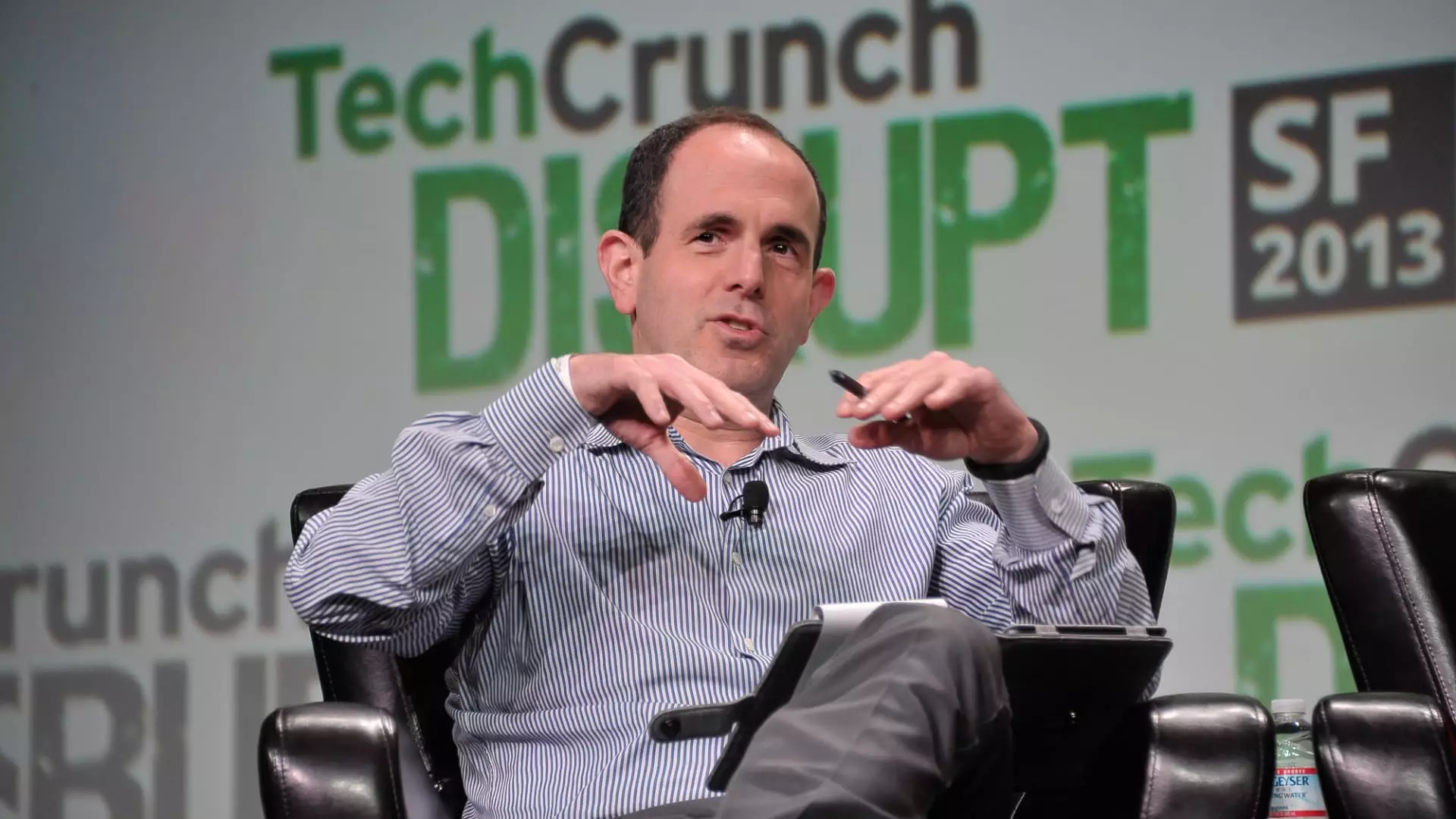In a sweeping admission, Opendoor’s leadership is acknowledging that their previous embrace of remote work has significantly hampered the company’s vitality. Keith Rabois’s blunt declaration that most of the 1,400 employees are unnecessary is not just a brutal cost-cutting measure—it’s a candid critique of the very workforce strategy that many modern tech companies champion. The assertion that remote work undermines innovation suggests a nostalgic longing for a time when in-person collaboration was the bedrock of creativity and productivity. But this view risks oversimplifying a complex reality. While complacency and inefficiency may indeed be hiding behind seemingly bloated teams, the wholesale rejection of remote work ignores the broader shifts in workplace culture and the benefits of flexibility.
Furthermore, Rabois’s recognition that “the culture was broken” offers a revealing insight: the real issue wasn’t just remote work but a deeper cultural malaise. When a company’s culture is genuinely healthy, it should withstand the challenges of remote work. The failure appears less about the physical workspace itself and more about how engagement, purpose, and accountability were managed in the virtual sphere. By dismissing remote work altogether, Opendoor risks alienating talent and damaging the very innovative spirit it seeks to reignite.
The Reckless Crusade for In-Person Innovation
The decision to return to in-person work is pitched as a revival of Opendoor’s roots—an attempt to reignite its entrepreneurial flame that was, as Rabois claims, lost. But this is a nostalgic and potentially misguided return to a bygone era. Notoriously, many firms have discovered that flexibility can coexist with high performance; insisting on a rigid physical presence may undermine the very talent pools that could drive future growth. Yet, Rabois seems determined to reshape the company’s culture by reversing recent policies. This backlash against remote work is thus more than a tactical shift—it reflects a belief that physical proximity is inherently superior, a stance that often leads to a myopic view of productivity and innovation.
Another problematic aspect is the framing of diversity, equity, and inclusion initiatives as part of “going down the DEI path” that must be “fixed.” This dismissive tone dismisses the importance of equitable workplaces. Instead of viewing these efforts as integral to modern corporate culture, Rabois sees them as distractions—a misguided attempt to fix perceived flaws rather than embracing holistic cultural enhancement. The fixation on in-person work as the sole breeding ground for innovation risks ignoring the diverse ways talent can flourish outside a traditional office setting, especially in the volatile landscape of technology and real estate.
Valuing Short-Term Gains Over Sustainable Growth
Opendoor’s recent stock appreciation, fueled by retail investors and bullish assertions from hedge funds, appears to be more about speculation than genuine potential. Rabois’s blunt acknowledgment that the company remains a cash-burning, low-margin business with limited growth signals caution. The focus on slashing headcount—cutting what could be strategic or talent-rich roles—is a quick fix that likely undermines long-term value. It’s a classical case of prioritizing short-term cash preservation at the expense of building a resilient, innovative enterprise.
Bringing back former leadership figures like Eric Wu and appointing Kaz Nejatian is a step toward stability, but without addressing the fundamental issues—the flawed business model, inefficient resource allocation, and culturally restrictive policies—these moves risk being superficial. The aggressive push to restore a “connected” environment, while understandable from a sentimental standpoint, could backfire if it hampers agility and adaptability in an industry that prizes innovation above all.
Critically, the narrative that remote work has “broken” the company seems more a reflection of leadership’s discomfort with the new reality rather than an objective truth. True cultural revival requires more than closing offices and trimming staff; it demands a nuanced understanding of what motivates people and how diverse work styles can complement a company’s mission. If Opendoor continues to cling to outdated notions of workplace unity, it risks missing the opportunity to forge a resilient, forward-looking enterprise that thrives in the digital age.

